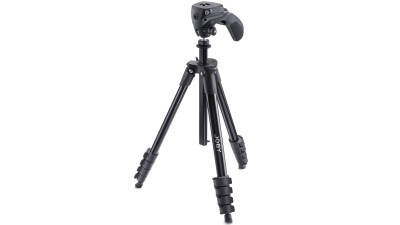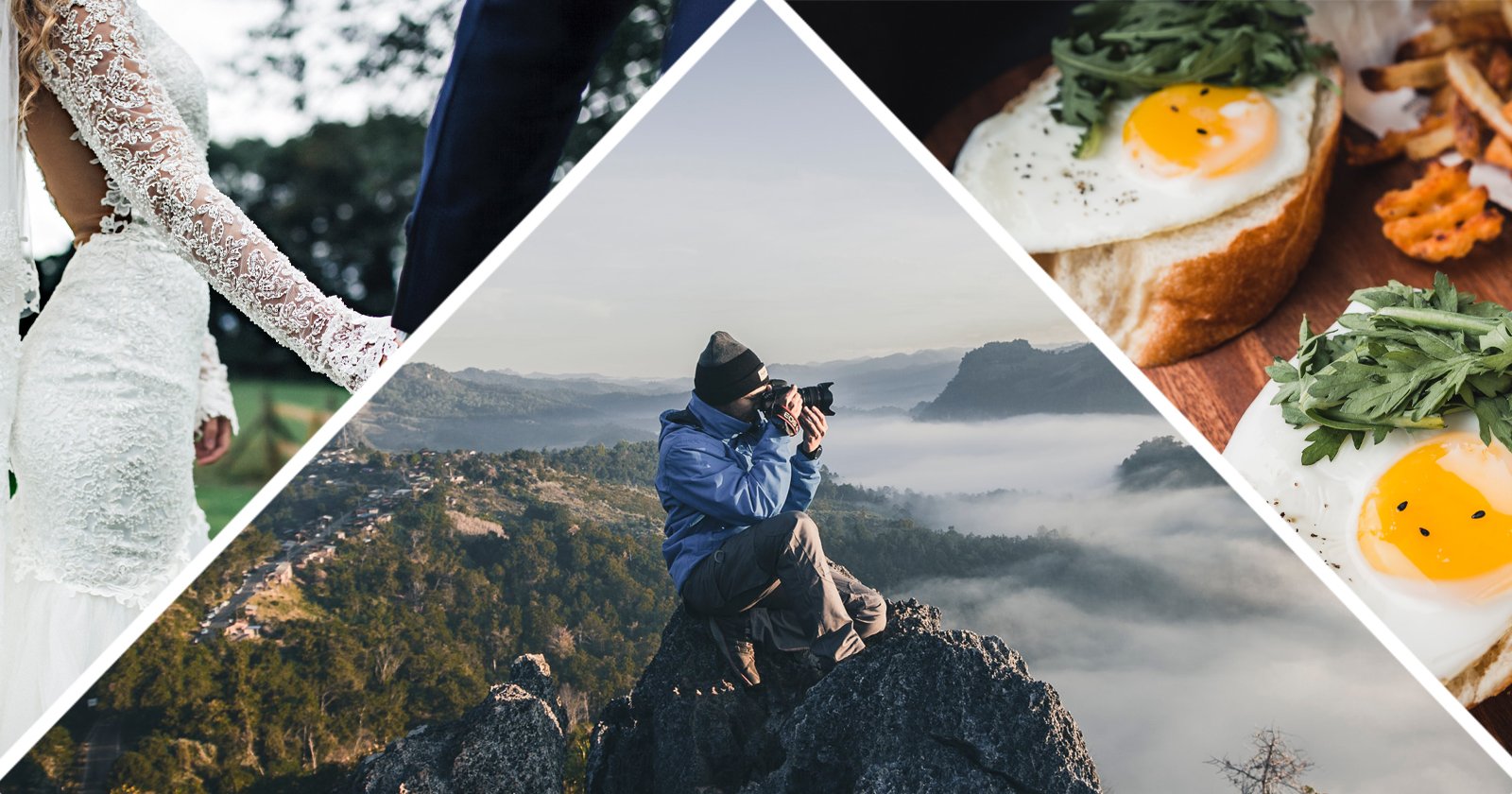
It's a good idea for you to talk with the photographer before booking a workshop or tour of photography. You can let them know your photography goals and any questions you have about the tour. They should be more than happy answer your questions, and direct you in the correct direction. They're the experts in the area.
Photos taken during photo tours
You should do your homework before booking a workshop or photo tour. To see the content and photos shared, visit their websites. Also, check out whether they provide free tips and tutorials that you can use to improve your own photography.
Some photography workshops will also have classrooms where attendees can learn new techniques. These classes will teach you how to use your camera, post-production techniques, and more. Others will also teach you how to become a better business owner.

Photos taken during a workshop
You should consider these factors when choosing a workshop/photography trip. The first thing to consider is the photographer's style and experience. Most well-known photographers charge high prices for their services. But, lesser-known photographers may be just the same talent. This will help you save money as well as provide more personalized instruction. Also, think about the workshop's location as well as instructor and equipment.
Tours are typically led by professional photographers with a wealth of experience. In addition to constant tutoring, these tours also include lectures in between shooting sessions. This ensures you receive professional advice during every step of the process. You will learn everything, from camera settings to post production. This kind of educational experience works well for both professionals and beginners.
Cost of a photography workshop
If you are interested in taking part in a photography workshop, it is important that you know what the cost will be. Some workshops require you make a deposit. If you enroll less than 120 days in advance, you may need to pay the balance immediately. Although workshops may offer partial refunds for cancellations, they are not guaranteed to give a full refund. If you cancel because of unforeseen circumstances, the company will reimburse the workshop fee. The company will not refund your airfare or other expenses.
When you register to take part in a workshop on photography, you'll need your own lens and camera. If you need equipment, you might be able rent it from the workshop. Also, the duration of the workshop will vary. Some workshops are only for one day, while others last several weeks. Remember that most workshops assume you will become a complete photographer. Some workshops will include a teaching assistant. It's worth looking at the portfolio and photography of the leader photographer. You can look elsewhere if the portfolio of a photographer is not great.

Choose a photographer
When choosing a photographer for photo tours and workshops, there are a few things you need to look for. If you are a beginner photographer, photo workshop tours can help you learn the basics of photography. Photo workshops are not necessary for advanced photographers. They can be used to teach you the basics of photography. Professional photographers are also available for group critiques. These critiques will inspire you and help improve your photography.
The leader will usually offer general tips and advice for settings during a workshop or photo tour. They will not provide in-depth instruction, but may give some one-on-one critiques. You may also be able to work with them as they capture your photos.
FAQ
Is photography a talent?
Photography isn't a talent, it's an art form that takes practice, training, as well as experience. You need to practice for years before you can master any part of the craft.
Photography is also a business where you need to have a plan for how you are going to make money from it.
This requires you to identify the type of client you are trying to attract and to find out how to reach them.
You must understand their motivations and who they are. You need to be able communicate clearly and persuasively in order to persuade your clients to purchase your services.
This means you must be prepared to meet potential clients.
You will need to have a portfolio of work before you can approach potential customers. This can be done digitally using software programs or printed onto paper.
Once you have compiled a portfolio of work, you should start looking for opportunities to display it. You can either approach businesses directly or advertise online.
How can I become a professional photographer?
Photography is an art. It requires dedication, patience, dedication, and, above all, passion. Passionate about photography will make you do better than if it was just for the money.
It is important to know how to properly use your camera. You will need to know how to use your camera properly. Additionally, you should have a good grasp of Photoshop.
Photography can be difficult but once you get the hang of it, it's a rewarding art form that allows you to capture moments in time that otherwise would have gone unremembered forever.
To improve your skills, you can read books and attend classes. You can also participate in competitions. This way, you will gain experience and confidence, leading to improvement. What equipment is required?
It really depends on your type of photography. If you're interested in landscape photography, for example, you'll need a wide-angle lens.
If you're interested in portrait photography, you should get a telephoto zoom lens.
A tripod is essential when taking photographs. A tripod allows you to stand still and compose your photograph without having to move.
Camera bags are useful for carrying your memory cards and other accessories.
If you are using a compact lens, a flash is needed.
An DSLR (Digital Single Lens Reflex) is the best camera for beginners wanting to take professional quality photographs.
DSLRs are very popular as they let you control all aspects of your photos, such as shutter speed, aperture and ISO sensitivity. They also provide a range of features such as autofocus, auto-exposure lock, self-timer, bracketing, and RAW format.
Which Camera Should I Buy?
This all depends on who you want as a photographer. If you're just getting started, a basic point and click camera will suffice.
However, once the basics are mastered, it's likely that you will want more advanced features. The decision is yours.
These are some things you should consider before buying a camera.
-
Features: What features do you need? Will you use manual settings or autofocus? What number of megapixels has your camera? Is there a viewfinder?
-
Price: What amount are you willing spend on your camera? Are you planning on upgrading your camera every two years?
-
Brand: Do you feel satisfied with the brand you choose? There is no reason to settle for less than the very best.
-
Functionality: Can your camera work in low-light conditions? Can you take high resolution photos?
-
Image Quality: How sharp and clear are your images?
-
Battery Life: How long does your camera last between charges.
-
Accessories: You will be able attach additional lenses, flashes and other accessories. ?
How can I look great in photos?
Photographing yourself is the best way to make sure you look professional in your photos. You'll learn the best angles to use, how to pose for photos, and how to make them flattering. You will also learn to use lighting and props as a way to enhance your natural beauty.
You will learn how to choose clothes that fit, make-up that suits you, and hairstyles and styles that work for your face.
And if you're not happy with the results, we'll show you how to retouch your images using Photoshop and other editing software.
Take some self-portraits.
Statistics
- There are people out there who will pick at flaws they can only see in 100% crops of your photos. (wikihow.com)
- Get 40% off Adobe Creative Cloud(opens in new tab) (creativebloq.com)
- This article received 13 testimonials, and 100% of readers who voted found it helpful, earning it our reader-approved status. (wikihow.com)
- The second easiest way to get blurry photos 100% of the time is to use a cheap filter on the front of your lens. (photographylife.com)
External Links
How To
What are the requirements to be a good photographer?
For any photography job, you will need to have technical and artistic knowledge as well as business acumen.
Technical knowledge covers understanding exposure settings, camera functions lens types, speed, and developing techniques.
It is important to have artistic talent. This includes understanding composition, lighting, posing, and how to use Photoshop.
Business acumen covers budgeting, scheduling, time management, and dealing with clients.
Professional photographers should be interested from a young age in photography.
Photography classes can be taken at schools, colleges, or online.
You will also find many books on photography that can help you.
You should not only learn photography but also develop your own style.
This will help you stand out from others who work in this field.
Photography has evolved over the years. In the past there were cameras like the Kodak Instamatic camera or Polaroid instant cam.
Digital cameras are becoming more popular than ever. Photographers these days use smartphones to take pictures.
While it is possible for a smartphone to capture high-quality images, if you want to really get into photography, a DSLR (Digital Single Lens Reflex Camera) is the best choice.
You can control all aspects of your shot with a DSLR, such as shutter speed, aperture and ISO sensitivity.
These features make it possible to create beautiful photographs with a variety of effects.
These controls can also alter the mood of your image.
For example, you could make your subject appear blurry by using a fast shutter speed.
Or you could make them look like they are moving by increasing the amount of light entering the camera.
The scene can also be adjusted to change its mood by changing the color temperature.
You might increase the red value of the picture if there's a lot blue light.
You may have difficulty deciding which direction you want to point your camera.
But once you grasp the basics, it won't be so difficult.
In fact, it is much easier than you think!
When you first start out, you will probably only shoot landscapes or close-up shots of objects.
Don't worry, as you get more experience, you'll be able capture everything from abstracts to portraits.
Once you have learned the basics, it is possible to move on with more advanced subjects.
Here are some tips for getting started.
-
Find a peaceful place. Choose somewhere where you can relax and enjoy yourself.Avoid places that are too busy because you won't be able to concentrate properly.
-
Look for something to photograph. Find unusual and unique things to photograph.
-
Take plenty of practice pictures. Practice makes perfect!
-
Experiment with different angles. Different angles are best depending on what goal you're trying to reach.
-
Use different lenses. Different lenses can offer you different perspectives.
-
Photograph in low light conditions. Photographing in bright sunlight can prove difficult.
-
Learn how to frame your shot. Photographing an image is not complete without framing.
-
Learn how to use your camera settings. It is a great way to improve your photography skills by experimenting with the settings of your camera.
-
Keep learning new techniques. Photography is a vast subject. Visit local galleries, museums, libraries, and other venues to find out more.
-
Read magazines and books. Reading about photography will teach you everything you need to know.
-
Join a club. Photograph clubs often host events that encourage members sharing their work.